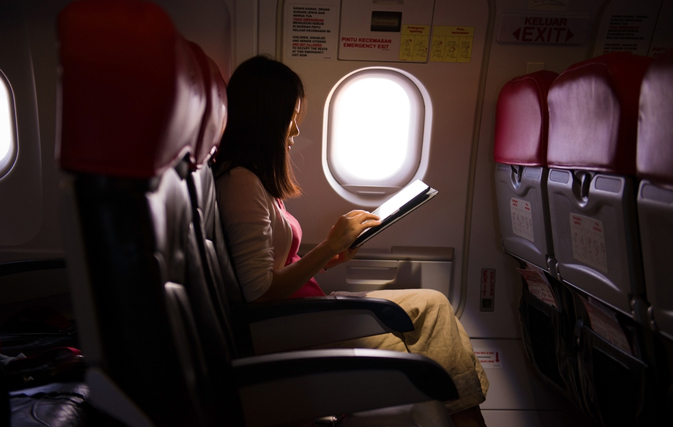GENEVA — It’s still too early to tell what impact the electronics ban will have on air travel, says IATA, but as it stands now, traffic results for March look promising.
Demand in March rose 6.8% compared to the same month last year, with capacity growing 6.1% and load factor climbing by half a percentage point to 80.4%, which was a record for the month.
“Strong traffic demand continued throughout the first quarter, supported by a combination of lower fares and a broad-based upturn in global economic conditions. The price of air travel has fallen by around 10% in real terms over the past year and that has contributed to record load factors. We will have to wait another month to see the impact of the laptop ban on demand,” said Alexandre de Juniac, IATA’s Director General and CEO.
International passenger demand rose 6.4% compared to March 2016, which was a slight dip compared to February after adjusting for the leap year distortion. Airlines in all regions recorded growth, with Latin American airlines seeing a 9.7% increase in March, the strongest among the regions. This was just the second time in 63 months that Latin American airlines led the industry.
Asia-Pacific airlines followed closely behind at 9.1% growth in March, compared to the year-ago period, while North American airlines posted a 2.7% traffic rise. Middle East carriers’ traffic growth slowed to 4.9% in March, a considerable decline from January and February year-over-year demand growth. This is related more to developments seen last year, while any impacts from the laptop ban will be visible from April results onward.
“The first quarter results are strong. But the last weeks have been challenging to the passenger business. The laptop ban—implemented with next to no notice, no dialogue and no coordination, is testing public confidence in how governments and industry work together to keep flying secure. So, even as rumors persist that the ban will be expanded to other airports and regions, we are calling on governments to work with the industry to find alternatives—to keep flying secure without such great inconvenience to our passengers,” said de Juniac.
And what about the hot topic of overbooking? With the recent dragging incident of a passenger onboard a United Airlines flight still making headlines around the world, many critics are calling for new legislation that would prevent airlines from overselling seats.
“The management of overbooking has actually worked well for decades. It ensures that scarce capacity is efficiently utilized; we see that in today’s record load factors,” added de Juniac. “Overbooking helps airlines avoid empty seats, and that helps to keep costs—and fares—low. Governments have acknowledged that this ultimately benefits consumers. And if industry-level change is discussed, let’s make sure that there is a transparent fact-based dialogue between industry and regulators. We must be careful to not risk undoing the many benefits unleashed by the competitive forces of deregulation.”

